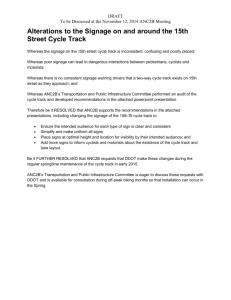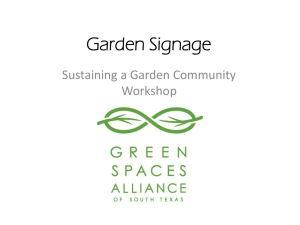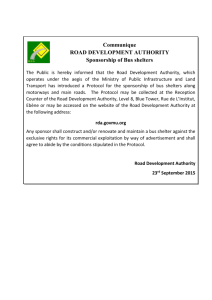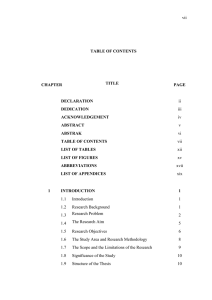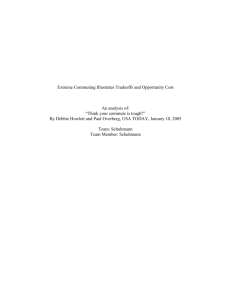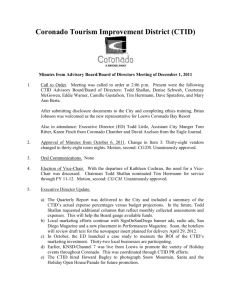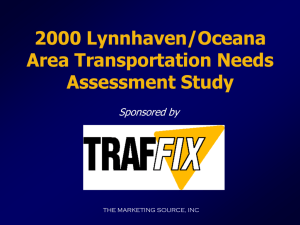Qualitative Data Analysis
advertisement
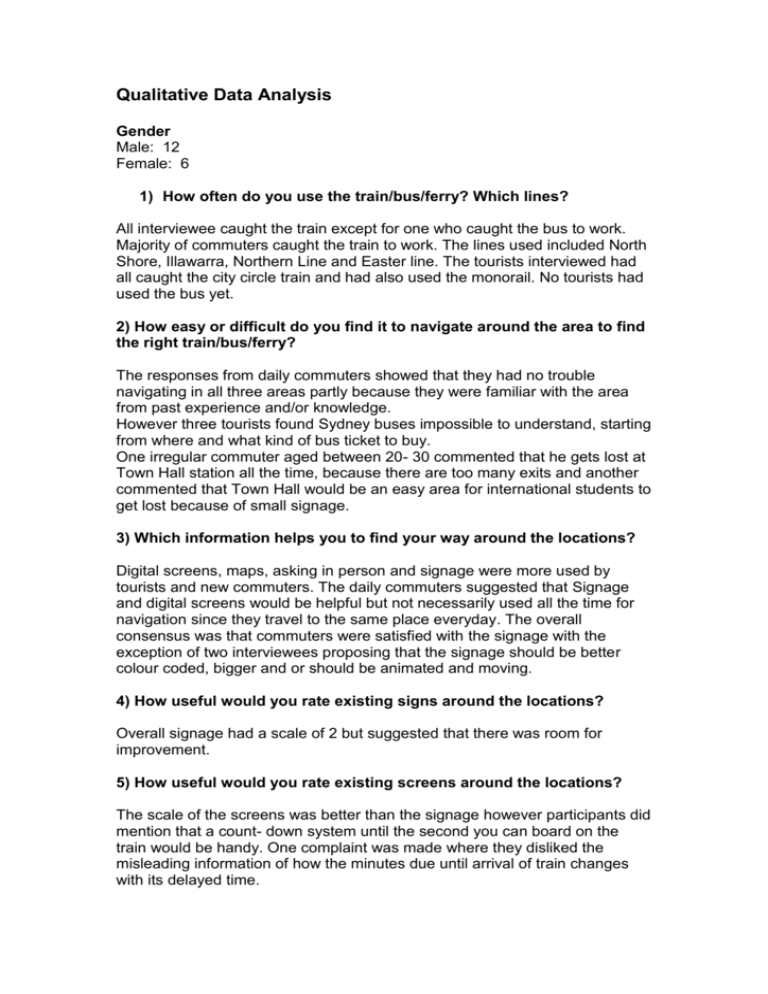
Qualitative Data Analysis Gender Male: 12 Female: 6 1) How often do you use the train/bus/ferry? Which lines? All interviewee caught the train except for one who caught the bus to work. Majority of commuters caught the train to work. The lines used included North Shore, Illawarra, Northern Line and Easter line. The tourists interviewed had all caught the city circle train and had also used the monorail. No tourists had used the bus yet. 2) How easy or difficult do you find it to navigate around the area to find the right train/bus/ferry? The responses from daily commuters showed that they had no trouble navigating in all three areas partly because they were familiar with the area from past experience and/or knowledge. However three tourists found Sydney buses impossible to understand, starting from where and what kind of bus ticket to buy. One irregular commuter aged between 20- 30 commented that he gets lost at Town Hall station all the time, because there are too many exits and another commented that Town Hall would be an easy area for international students to get lost because of small signage. 3) Which information helps you to find your way around the locations? Digital screens, maps, asking in person and signage were more used by tourists and new commuters. The daily commuters suggested that Signage and digital screens would be helpful but not necessarily used all the time for navigation since they travel to the same place everyday. The overall consensus was that commuters were satisfied with the signage with the exception of two interviewees proposing that the signage should be better colour coded, bigger and or should be animated and moving. 4) How useful would you rate existing signs around the locations? Overall signage had a scale of 2 but suggested that there was room for improvement. 5) How useful would you rate existing screens around the locations? The scale of the screens was better than the signage however participants did mention that a count- down system until the second you can board on the train would be handy. One complaint was made where they disliked the misleading information of how the minutes due until arrival of train changes with its delayed time. 6) Do you feel you are in control when using public transport? If not, where would you like to have more control? What could be improved to provide more control? All participants except for four felt that they had no control when there were delays, especially on the bus. Although majority were train commuters, all seemed to be familiar with bus delays and not being informed enough when waiting for buses. One particular response was that there should be improved sheltering for rainy weathers. 7) Are you using your mobile phone to retrieve information about public transport? If yes, what for? In not, what information would you like to have accessible on your mobile? A greater number of interviewees were not receiving information from their mobile phone, reason being that there was no access to the Internet. However the general impression was that it would be useful to own such technology to gain access to information about timetables and up- to – date delays. The participants who were already utilising the service appeared to be happy with the service, especially with 131500.



